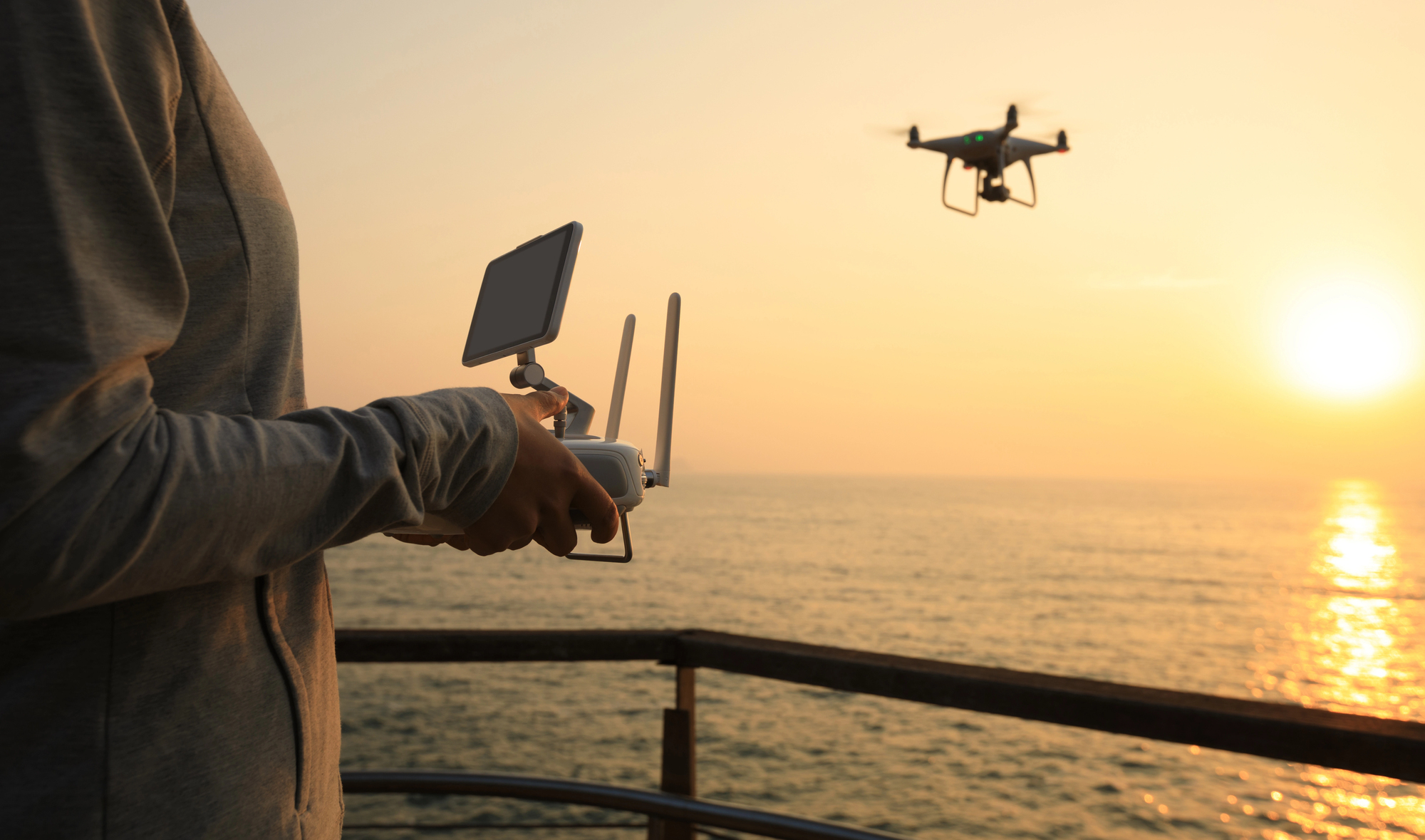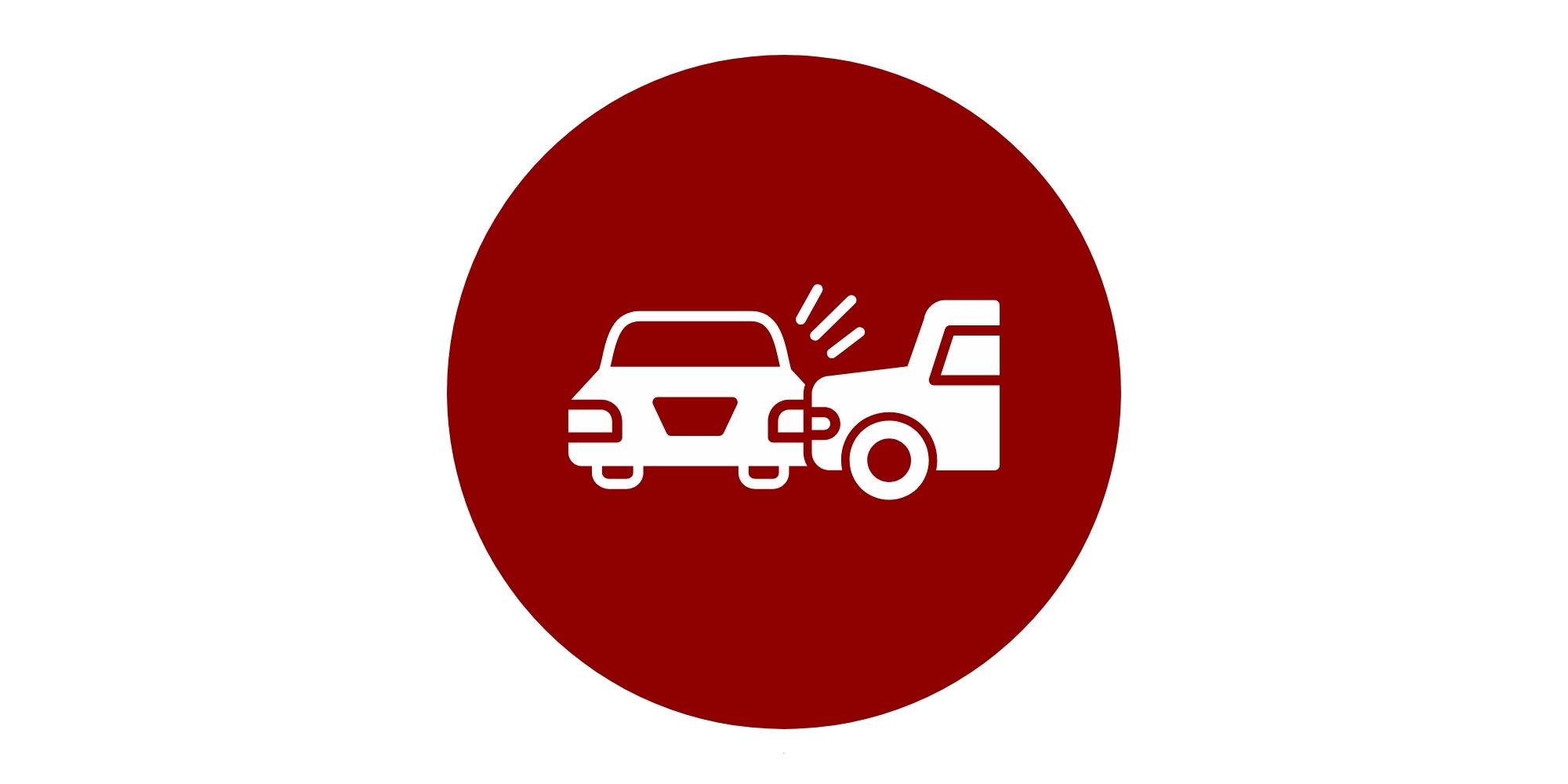Ireland Launches National Drone Policy Framework to Guide Sector Development
Ireland unveils comprehensive drone policy: 16 actions to balance innovation with safety as UAS sector soars.

- New government strategy aims to balance innovation opportunities with safety concerns as unmanned aircraft systems become increasingly common across Irish skies.
The Irish government has unveiled its first National Policy Framework for Unmanned Aircraft Systems, setting out comprehensive guidelines for drone operations as the sector experiences rapid growth across commercial and public services. The framework establishes 16 specific actions designed to support innovation whilst addressing growing community concerns about safety and privacy.
Minister for Transport Darragh O'Brien announced the policy launch, highlighting the dual nature of drone technology's impact on Irish society.
Minister O'Brien:
"UAS present exciting opportunities for business and the public sector to boost productivity and improve service provision. In my own department, for example, the Irish Coast Guard use drones to support search and rescue operations. They can also create high-tech jobs and boost the economy across Ireland."
The framework introduces several key initiatives, including the establishment of a National Working Group on UAS Geographical Zones to develop transparent processes for airspace management. A separate National U-space Steering Group will oversee the implementation of specialised services designed to manage high-volume drone traffic safely.
Enforcement measures feature prominently in the new policy. The Department of Transport will introduce fixed charge offences for regulation breaches, whilst the Irish Aviation Authority, An Garda Síochána, and the Data Protection Commission will collaborate through a new inter-agency mechanism to investigate drone-related offences.
The policy recognises existing successful applications of drone technology across Ireland. Dublin City Council has utilised drones since 2017 for monitoring capital projects and inspecting historical buildings, including the Camden and Iveagh Markets. The Environmental Protection Agency employs drones for environmental monitoring, whilst Dublin Fire Brigade uses them for risk assessment and emergency response management.
Cork's emergency services could benefit significantly from the framework's clarity on public sector drone use, particularly given the county's diverse terrain and extensive coastline. The Irish Coast Guard's existing drone operations for search and rescue missions along Cork's coast demonstrate the technology's practical value in challenging conditions.
Minister O'Brien emphasised the collaborative nature of the framework's development:
"The Policy Framework recognises the importance of collaboration and engagement of a wide range of stakeholders. It was developed through cross-government engagement structures, and it is informed by public and industry consultation."
The framework acknowledges rapid sector growth, with multi-copter technology making drones affordable for both professional and recreational use since 2010. European regulations already provide operational rules through Regulation (EU) 2019/947 and technical requirements via Regulation (EU) 2019/945, which the Irish Aviation Authority oversees nationally.
A new UAS Enterprise and Innovation Leadership Group will foster ongoing policy development for innovation and commercialisation, ensuring Ireland remains competitive in this evolving sector. The group will establish pathways for both indigenous companies and foreign direct investment in drone technology.
Local authorities will receive training and capacity building support from the Irish Aviation Authority, recognising their crucial role in managing drone operations at community level. The framework also promotes the establishment of test sites and experimental airspace allocation for developing drone technologies.
The policy positions safety and security as Ireland's primary aviation sector priority, whilst committing to sustainable, industry-led development that addresses societal concerns. Implementation will rely on continued cross-government collaboration and stakeholder engagement, with the framework designed as a living document that will evolve alongside technological advances.
The Department of Transport will establish an integrated platform for stakeholders to share UAS sector information, facilitating better coordination between government departments, agencies, industry, and the public.
For Cork businesses and public services exploring drone applications, from agricultural monitoring across the county's farmland to infrastructure inspection at the Port of Cork, the framework provides much-needed regulatory clarity. The policy's emphasis on balancing innovation with community concerns should reassure residents who have expressed worries about privacy and safety as drone sightings become increasingly common across Cork's skies.
